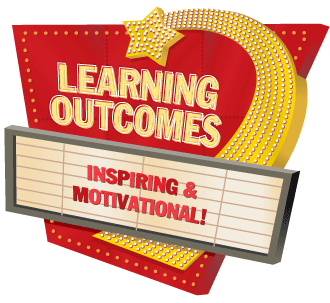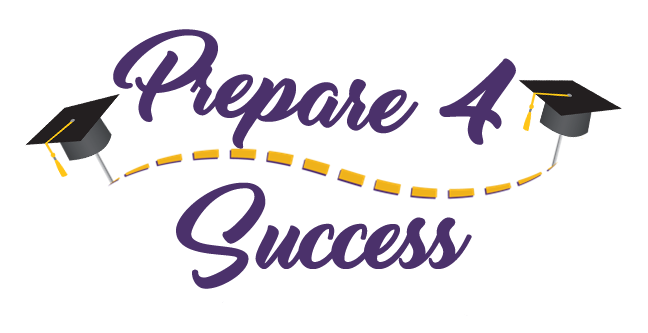Rubric for Assessing Course Syllabi
Bookmark
A course syllabus rubric deployed at Mercy College, NY, to assist faculty with developing good syllabi and to help the curriculum committee review and provide feedback on their quality.
…

The Higher Education Leadership Learning Online Community
Where Leaders Share Resources, Learn From, and Support Each Other

Bookmark
A course syllabus rubric deployed at Mercy College, NY, to assist faculty with developing good syllabi and to help the curriculum committee review and provide feedback on their quality.
…

To ensure that we are adding value in learning, and acting as a learning centric institution, we must be willing to determine if students are achieving our learning goals and outcomes – adjusting to improve success rates where possible. To accomplish this, we must convert our intuitive sense of accomplishment to explicit definitions and measures of learning. By studying this article and its linked resources, and by using the associated shared files, you will be able to:
• Define common terms used in the assessment of student learning.
• Define a useful scale to determine the student’s level of achievement of a learning outcome.
• Analyze and disaggregate tests, projects, papers, etc., and correlate their components with course learning outcomes.
• Evaluate the impact of course changes on learning outcome achievements.
• Explain the relationships between program learning outcomes, course learning outcomes, and course structure and progression.
• Calculate program learning outcome achievements from course learning outcome achievements or by using key assessments at points within the curriculum.
• Describe how learning outcomes can be assessed for programs such as General / Liberal Education, Honors, and for extracurricular learning.
• Compare and evaluate external tools for assessing general education learning outcomes.
• Formulate standards of success for a program, evaluate its status, and set goals.
• Describe the relationship between goals and outcomes, and how outcome assessment data could be used to analyze progress toward goal achievement at the department, college/school, and institutional levels.
Bookmark
Glossary of definitions of assessment related terms with references to their sources.
Bookmark…

Academic preparation is the biggest predictor of success for students in higher education. We must learn to strengthen students’ focus on preparation by defining the preparation that will lead to success and by rewarding and reinforcing an academic culture focused on preparation. By studying this article and its linked resources, and by using the associated shared files, you will be able to:
• Design an introductory college curriculum and orientation process that will prepare students to transition successfully from high school, other higher ed institutions, or from the work environment.
• Implement a new curricular planning process that is built on both expected competencies for successful learning (learning incomes) and on learning outcomes.
• Implement a new form of student evaluation process that rewards students for being prepared to undertake the learning before them.
• Formulate a white paper to explain the relative advantages and disadvantages of the current and new approach, and to charge a group to study its potential implications and implementation at your institution.
• Formulate a plan to help students be better prepared for the teaching and testing styles of each instructor, and to help them share success strategies and useful resources among themselves in advance of course enrollment.
• Evaluate the current curriculum’s strength and weaknesses at preparing students to be life-long learners.